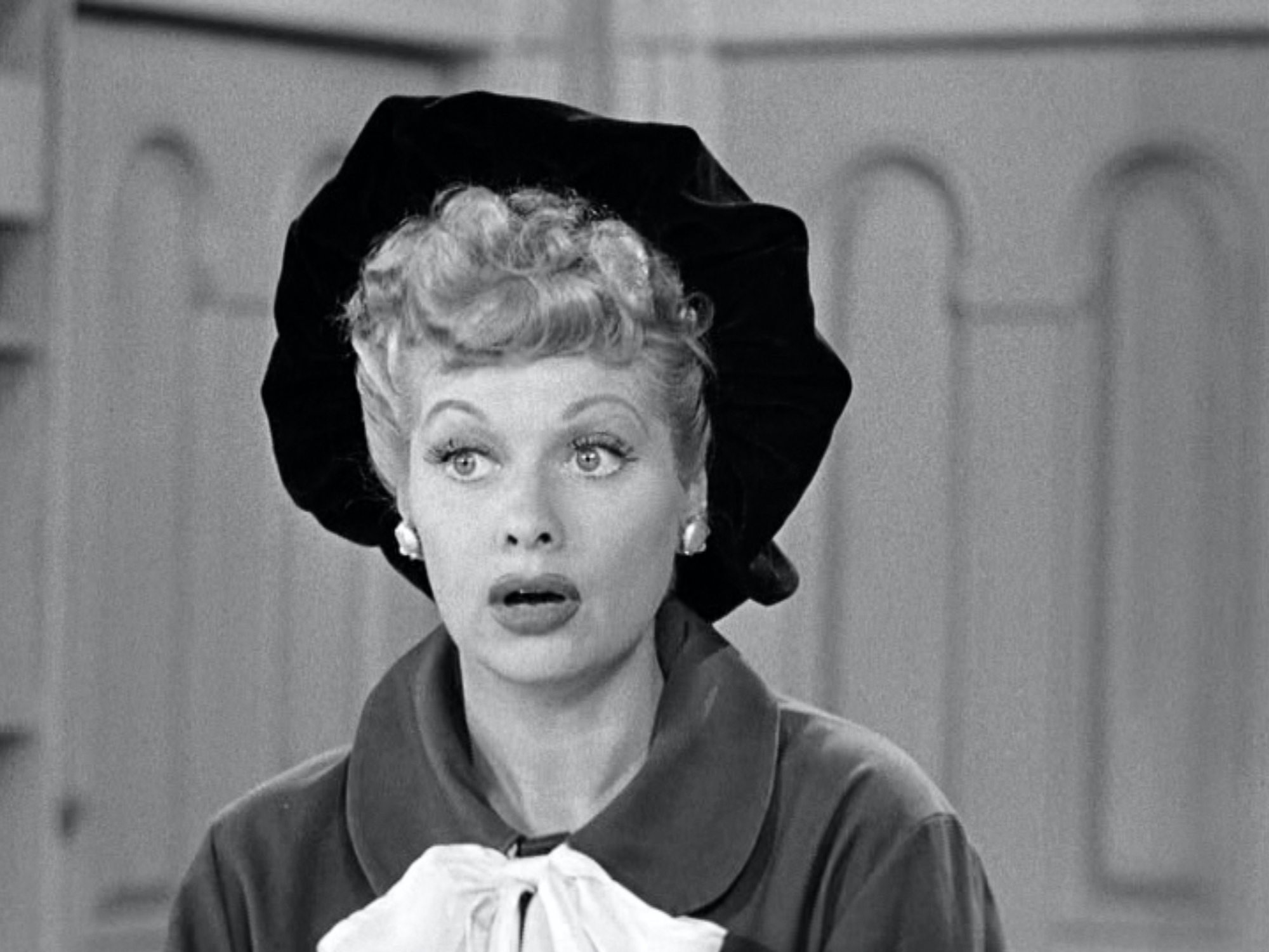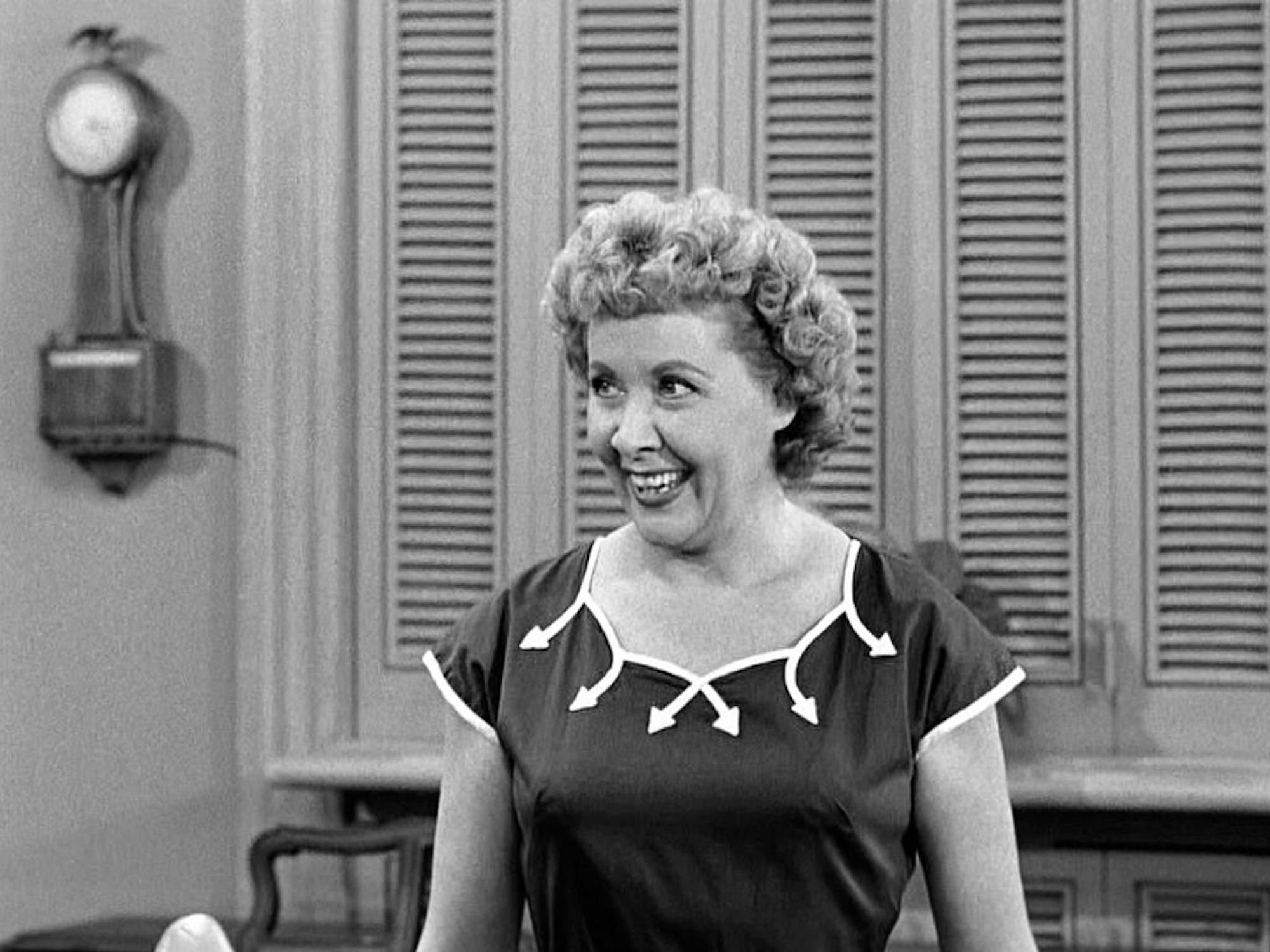‘I Love Lucy’ Stars Lucille Ball and Vivian Vance’s Falling Out Took Time to Heal — ‘We Let These Men Put a Wedge Between Us’
Lucille Ball played a significant role in the early days of classic television, securing a cherished spot in pop culture history. I Love Lucy was one of the first programs to give viewers a glimpse into the household of a young family.
Although Ball received most of the credit for the success of the popular television series, it was her loyal sidekick Ethel Mertz (Vivian Vance) that helped create the onscreen magic. Her character was the best friend who was ready at a moment’s notice to join Lucy in her fun-filled schemes.
Unfortunately, when the cameras stopped rolling, the onscreen chemistry didn’t translate to real life. The women endured both personal and professional differences that threatened their friendship, taking years to overcome.
The iconic stars of ‘I Love Lucy’

In The Lucy Book, author Geoffrey Mark stated, “It took several months of filming for Ms. Ball to realize what she had with Vivian, which is why, as the show goes on, the Ethel Mertz character gets more and more prominent.”
Closer Weekly noted, “Both women were accomplished actors that had the uncanny ability to bring viewers into every scene, allowing them to ‘suspend disbelief.’ They played off of one another so well, audiences loved watching them tackle seemingly unbelievable dilemmas with ease.
In real life, Vance was nothing like her character. The frumpy upstairs landlady was actually a beautiful actor with a long list of theater credits to her name. She transformed her physical appearance to get into the role and had to prepare herself mentally every day to meet the demands of playing Ethel Mertz.
Why Vivian Vance left ‘The Lucy Show’

I Love Lucy stayed on the air for six regular seasons, running a total of 180 half-hour episodes from 1951 to 1957. When the series ended, Desilu offered Vance a spinoff series, but she wasn’t interested.
America’s favorite sidekick moved on to other projects, ready to distance herself from her role as Ethel. In 1962, Ball lured Vance back to portray a new character named Vivian on The Lucy Show, becoming the first divorced woman on television.
According to IMDb, “Vivian Vance refused to agree to appear on this show unless she was allowed to wear nice clothing. The days of a frumpy best friend were over. This was agreed to, and she signed the contract.”
The successful CBS series stayed on the air for six seasons, for a total of 156 episodes. The show ended in 1968, with Vance only appearing in 81 episodes.
In 1965, Vance asked to be let out of her contract. According to Closer Weekly, six months into the new show, Ball retained ownership of Desilu Studios. Several of the studio executives told her that Vance “was looking for more money, control, and in essence, wanted to be a full partner on the show.” Ball refused Vance’s demands but later discovered, “Nothing they told her was true.”
The Lucy Book author claims Vance merely wanted to make her character “consistent.” She also wanted to be paid more than the $250 a week she was receiving, feeling she deserved to be getting “what everybody else on television who was a co-star on a show was getting.” Some fans speculate that Vance was simply tired of the long commute to the studio from her Connecticut home.
The ultimate friendship
The series continued but was not the same without Vance’s presence. Ball later recognized that she should have fought harder for her friend, saying, “We let these men put a wedge between us that never should have been there.”
The friendship of these two iconic women endured because they truly liked one another. Vance went on to appear in other television shows until being diagnosed with bone and breast cancer. The two women put their past differences aside and remained friends until Vance’s passing in 1979 at the age of 70.
Before her death, Vance took out an ad in Variety that read, “Dear Lucy. You made me what I am today, and I’m satisfied. Love, Viv.”


